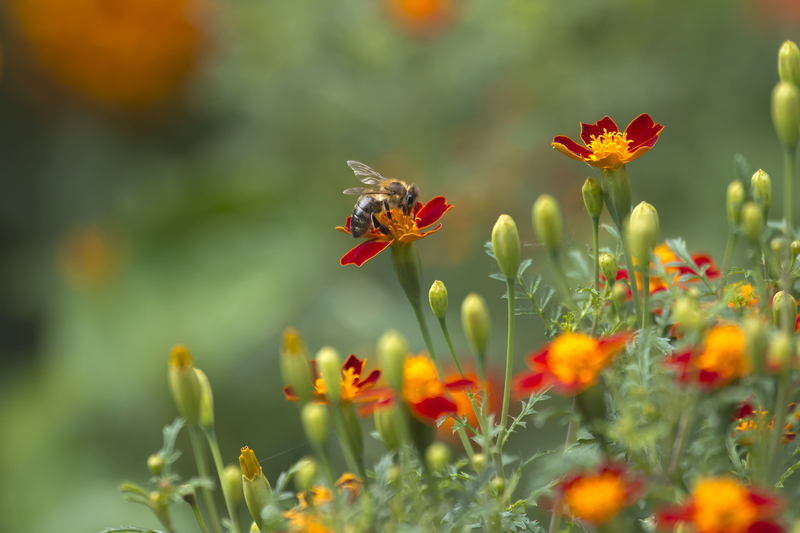Natural Ways to Repel Pests from Your Garden
Posted on 24/05/2024
Gardening is a relaxing and fulfilling hobby, but it can quickly turn into a nightmare if pests invade your garden. These tiny creatures can cause significant damage to your plants, leading to a decreased yield and even death of your beloved plants. While chemical pesticides are readily available in the market, they can be harmful to both the environment and our health. Fortunately, there are natural ways to repel pests from your garden without compromising on the health and safety of your plants. In this article, we will explore some effective methods to keep pests away from your garden.
1. Companion Planting
Companion planting is an age-old practice where two or more plant species are grown together for their mutual benefits. This method not only enhances the growth of plants but also acts as a natural pest repellent. For instance, planting marigolds with your vegetables can protect them from nematodes and other soil-borne pests. Similarly, growing herbs like basil, mint, and chives alongside other plants can deter aphids and other insects.

2. Use Homemade Pest Sprays
You don't need to spend a fortune on expensive pest sprays when you can make them at home using simple ingredients from your kitchen. For example, a mixture of garlic, onion, cayenne pepper, and water can act as an effective insect repellent. You can also use neem oil or eucalyptus oil diluted with water to keep pests away from your garden.
3. Install Physical Barriers
A physical barrier such as a mesh net or row covers can prevent pests from reaching your plants. This method is particularly useful for keeping out larger pests like birds, rabbits, and deer. The barrier should be installed properly with no gaps or holes for the pests to enter.
4. Encourage Natural Predators
Introducing natural predators into your garden can also help in controlling pest populations. Ladybugs, praying mantis, and spiders are beneficial insects that feed on pests like aphids and caterpillars. Planting flowers such as daisies, sunflowers, and fennel can attract these predatory insects to your garden.
5. Keep Your Garden Clean
Pests thrive in messy and overgrown gardens. To prevent them from infesting your plants, it is essential to keep your garden clean and tidy. Remove any fallen leaves or debris regularly, as they can harbor pests and diseases. Also, avoid overcrowding plants as it can create a warm and humid environment, which is perfect for pests to thrive.
Tips for Natural Pest Control
- Rotate your crops every season to avoid the buildup of pests in the soil.
- Use organic mulch such as wood chips or straw to suppress weed growth and retain soil moisture.
- Water your plants in the morning to give them ample time to dry up during the day, reducing the risk of fungal diseases.
- Avoid using chemical fertilizers as they can attract more pests due to the high nutrient content.
Takeaways
Pests can be a nuisance in any garden, but using natural methods to control them has numerous benefits. Not only do these methods protect your plants from harmful chemicals, but they also promote a healthy ecosystem in your garden. By implementing these techniques, you will not only have a thriving garden but also contribute towards a safer environment.

Pros and Cons of Natural Pest Control
Pros:
- Environmentally friendly and safe for humans and animals
- Helps maintain a balanced ecosystem in your garden
- Reduces the risk of harmful chemicals entering our food chain
Cons:
- Requires more effort and time compared to chemical pesticides
- May not be as effective in severe pest infestations
- Some natural methods may also harm beneficial insects.
Conclusion
Pest control in your garden doesn't have to involve harsh chemicals that can harm you and the environment. By implementing these natural methods, you can keep pests at bay while still maintaining a healthy and productive garden. Remember to stay consistent with these techniques, and soon you will have a beautiful garden free of pesky pests.
Latest Posts
Top Tips for Cleaning Your Patio and Paving Like a Pro
Easy Steps to Sharpen Your Garden Shears Without Leaving Home
Inspiring Concepts to Cultivate Your Own Zen Garden Sanctuary




